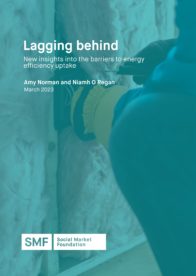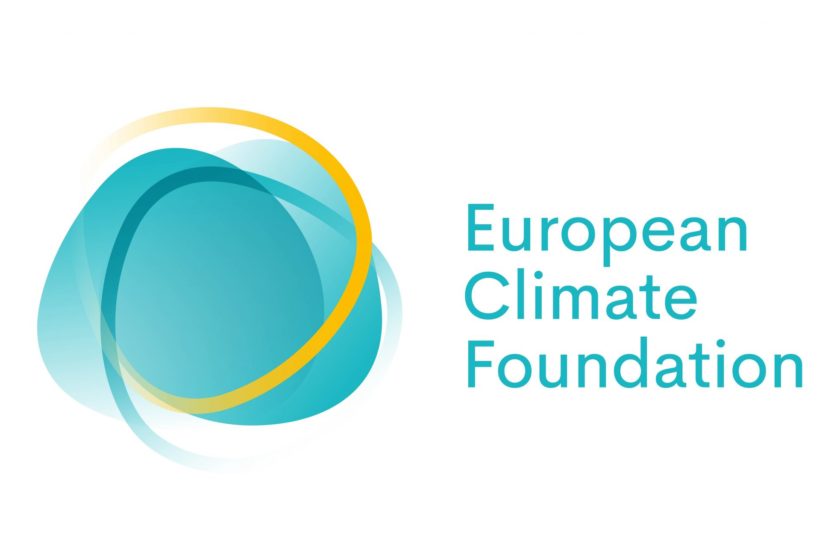Britain has the leakiest homes in Europe, and the case for improving energy efficiency is only getting stronger. It is unclear if government support provided thus far is enough to encourage people to improve their homes' energy efficiency. In this briefing, we present much-needed evidence on different consumers’ perspectives on the need for these measures, and the barriers to uptake.
Key points
- The energy crisis has strengthened political will to raise chronically low installation rates, but it is unclear if recent policy announcements are enough to resolve entrenched structural and attitudinal barriers for households.
- Cost may be the biggest barrier to installing energy efficiency measures, but poor awareness and tenure type are also significant. Our work with Public First on energy bill support has given us deeper insight into barriers faced by homeowners.
- Our analysis of Public First’s polling finds, surprisingly, that 54% of homeowners do not believe they need any/more insulation. Homeowners say that “other” barriers exist, but further research is required to identify them
- Majority of homeowners (74%) would be willing to co-contribute some of their own money for insulation (alongside a government energy efficiency scheme). That said, homeowners likely underestimate how difficult some upgrades may be.
- Not all groups experience the same barriers in the same way. Who lives in a property and the type of property they live in can have notable effect on which barriers are most significant to them. As it stands, dwelling and tenure characteristics account for greater variation in energy efficiency ratings than household characteristics.
A better understanding of the barriers and motivations for individual groups is needed to design an informed policy to encourage wider take up of efficiency measures.

DOWNLOAD THE SLIDEPACK: PDF
Kindly sponsored by

